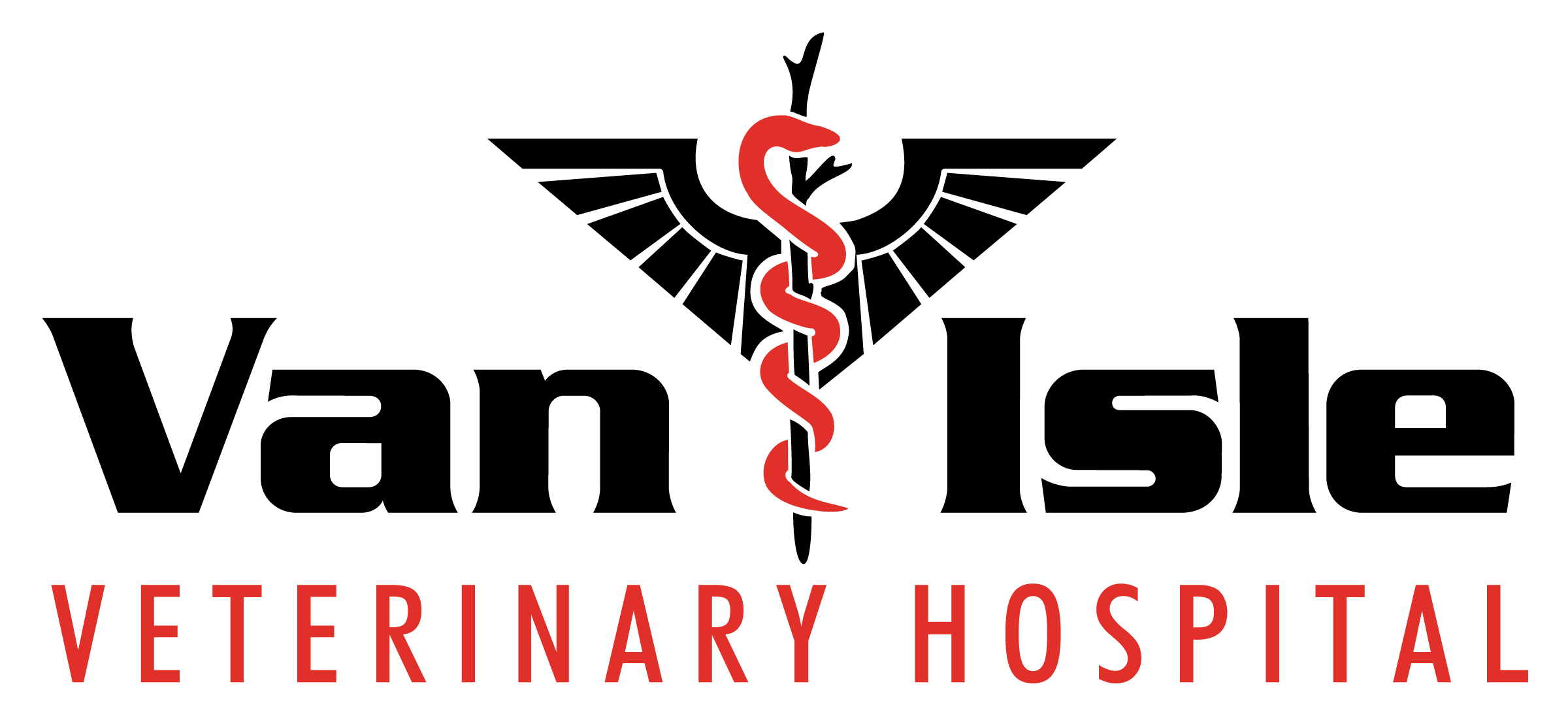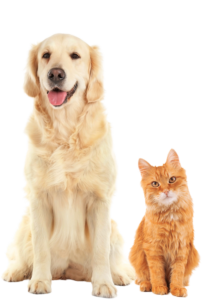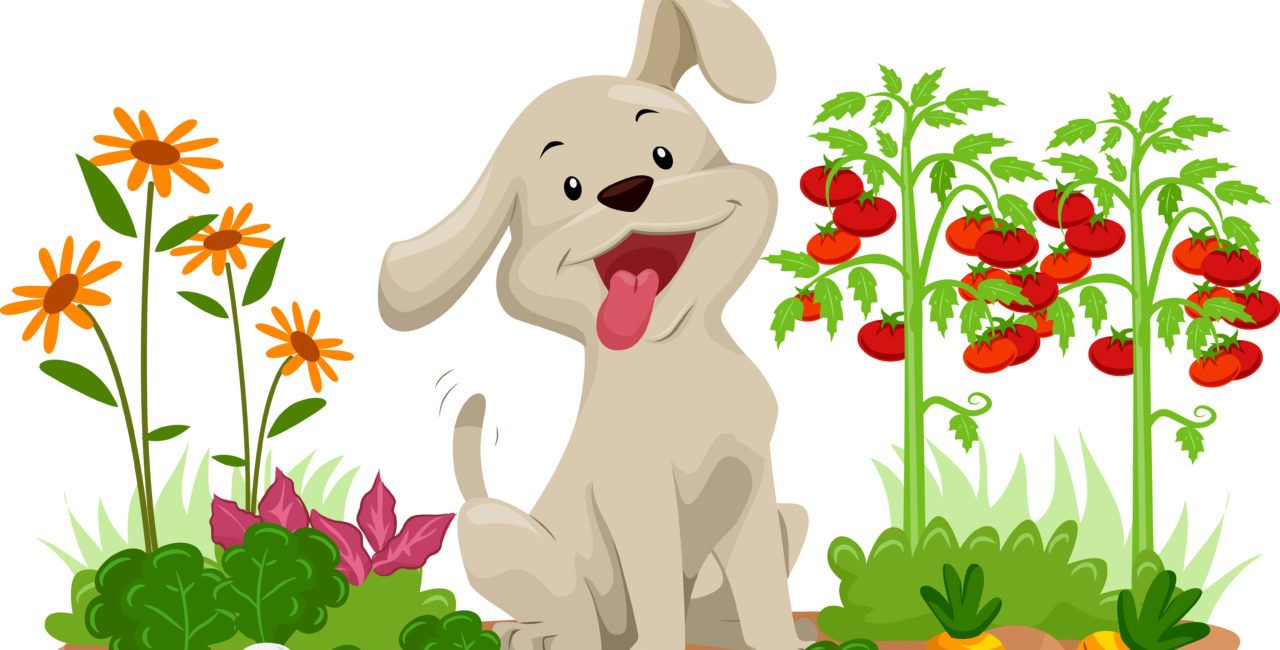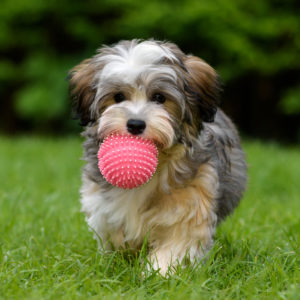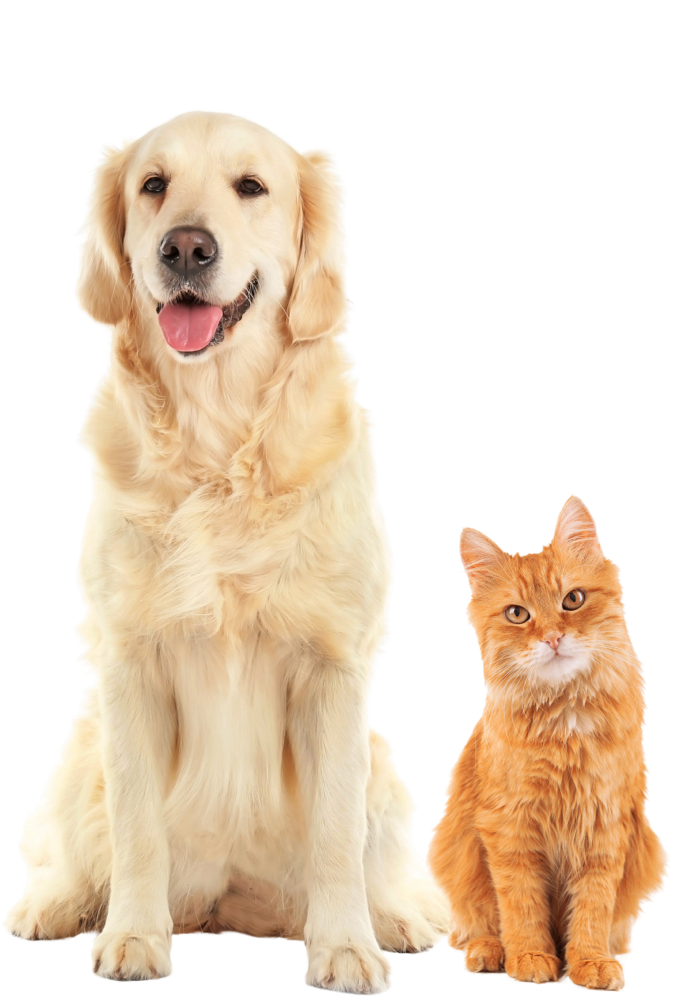As the summer weather starts to make an appearance the world outside our cozy homes starts to buzz with life. Flowers are blooming, and veggies are growing, and with that comes the task of garden tending.
Gardening should be a relaxing, peaceful task, but many are unaware that it can also be quite dangerous if you are a pet owner. Many of the products that are used in gardening can be quite toxic to our pets. Here is a list of a few things to look out for a while enjoying your garden this summer.
Compost – An excellent, environmentally friendly way to create your own fertilizer and reduce waste product. However, partially rotten and fermenting foods can cause serious health concerns for our pets if ingested. Compost can cause GI upset, neurological symptoms, muscle tremors, liver damage, and toxicity from certain foods that may be present (such as raisins and onions). Large volumes can also potentially cause an obstruction, which can be detrimental and can increase the risk of toxicity as it sits in the GI tract.
Bone, Fish, Blood, or Feather Meal – This product often attracts canines with its smell, but unfortunately can have severe side effects when large amounts are ingested, such as vomiting, gastrointestinal obstruction, and pancreatitis. More severe symptoms can also occur if they are mixed with other, more dangerous fertilizers.
Fertilizers – Most fertilizers are generally quite safe and non-toxic if small amounts are accidentally ingested while eating grass etc. Although some may cause GI upset if they contain insecticides. More severe reactions may occur (such as tremors, seizures, or difficulty breathing) if directly ingested right out of the bag, especially if the fertilizer contains more dangerous products.
Cocoa Bean Mulch – This product has a similar smell to chocolate, which is often very enticing to dogs. It not only smells like chocolate, but it also has the same toxic effects as chocolate. Ingesting large amounts can cause GI upset or blockage, muscle tremors, seizures, neurologic toxicity, or heart failure.
Rodent Baits – Rodenticide toxicity can occur from direct ingestion of the poison, or from ingestion of a poisoned rodent. The effects of rodenticides greatly depend on the active ingredient, as well as the pets’ size, and amount ingested, as well as the amount of time that has passed since ingestion. The most harmful active ingredient is one that causes issues with blood clotting, causing spontaneous bleeding throughout many different areas of the body. This condition can be deadly if not caught in time.
Slug, or Snail Baits – These baits contain a toxin that attacks the nervous system. Due to the fact that these products usually have brown sugar or molasses added to attract snails and slugs, it can be very attractive to our pets as well. Ingestion can cause muscle tremors, ataxia, seizures, and can lead to multi-organ failure. Ingestion of even small quantities can be fatal.
Tomatoes – Although ripe tomatoes are generally thought of as a healthy option for humans and pets, green tomatoes, as well as the green plant parts, can be harmful if ingested for both humans and animals.
Herb Gardens – Cats are often quite attracted to different herbs, and due to their natural nature, they are generally considered safe. Unfortunately, there are a lot of different herbs that are quite toxic to both dogs and cats, especially if ingested. Research should be done, and caution should be taken when planting and handling certain herbs.
If you have any questions, give us a call at 250-334-8400 for more information.
Written by: Van Isle Veterinary Hospital
